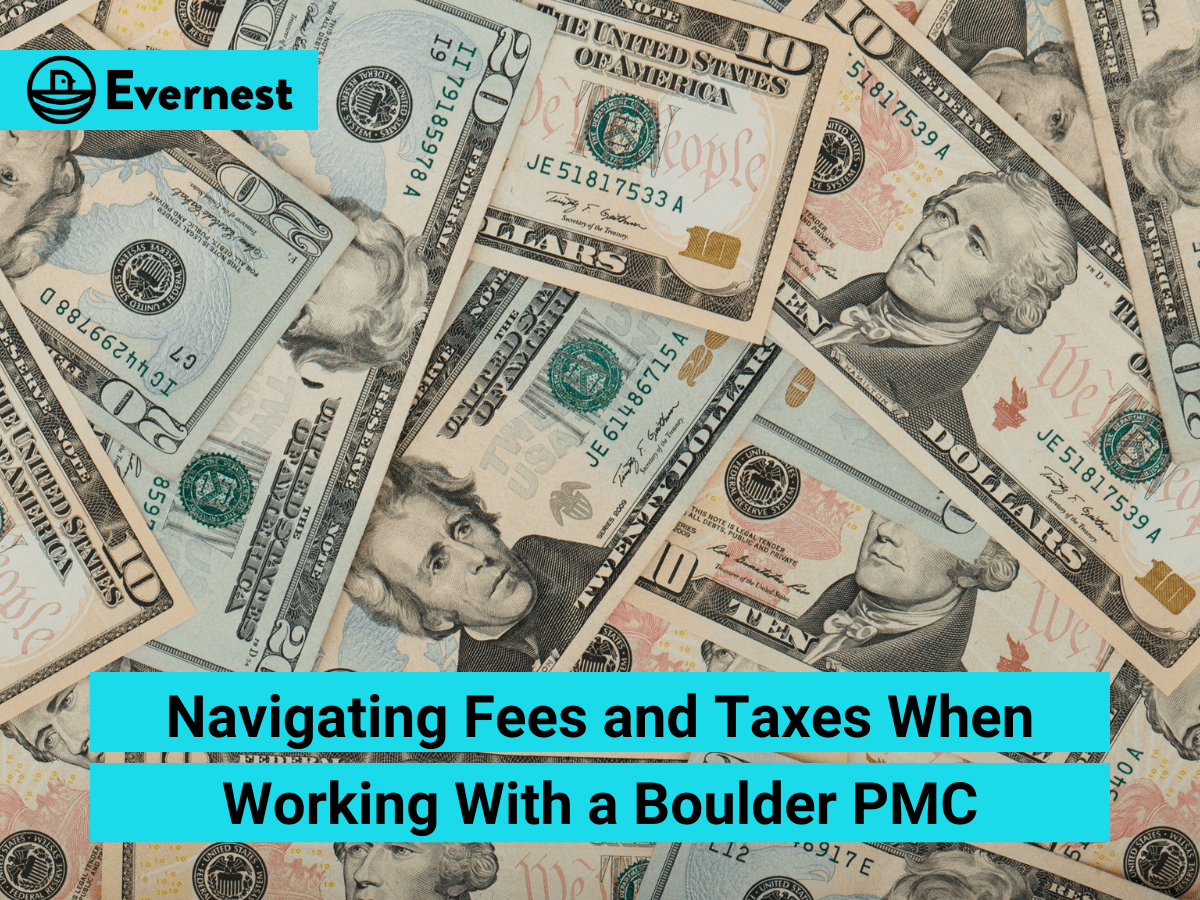As a landlord, working with a property management company in Boulder can be a beneficial way to ensure the smooth operation of your rental properties. However, it is essential to understand the various fees and taxes involved in the process. This article will guide you through the importance of financial preparedness, the breakdown of property management fees, property-related taxes, tracking and reporting expenses, working with tax professionals, and local tax regulations. By gaining insight into these areas, you can navigate the financial aspects of property management more confidently.
The Importance of Financial Preparedness
Being financially prepared includes having a realistic budget and a clear understanding of your financial goals, allowing you to stay on top of your expenses and make strategic decisions regarding your property investments. It minimizes the possibility of unexpected expenses derailing your efforts. By budgeting for maintenance, repairs, and other property-related costs, you can ensure that your properties are well-maintained and attract quality tenants.
Financial preparedness also involves setting aside funds for potential vacancies or economic downturns. Having a financial cushion allows you to weather any financial challenges that come your way.
Being financially prepared also enables you to take advantage of investment opportunities as they arise. Whether it's expanding your property portfolio or upgrading existing units to increase rental value, having a solid financial foundation puts you in a favorable position to capitalize on profitable ventures. By being proactive and strategic with your finances, you can enhance the performance and profitability of your rental properties.
Understanding Property Management Fees
Property management fees typically cover various services provided by the company, such as tenant screening, maintenance coordination, rent collection, and legal compliance. These fees can vary depending on the company and the specific services required.
Before engaging a property management company, it is advisable to compare different options and understand the breakdown of their fees. This will allow you to evaluate the overall cost-effectiveness and make an informed decision about the best fit for your needs.
It's important to note that property management fees are usually structured in one of three ways: flat fee, percentage fee, or a combination of both. A flat fee involves a set monthly charge for all services provided, regardless of the property's rental income. A percentage fee is calculated based on a percentage of the rental income collected. Some companies may also charge a leasing fee for finding and placing new tenants.
Property management companies may offer optional services that come with extra fees, such as eviction protection, property inspections, or financial reporting. These services can provide additional value and peace of mind for property owners looking to streamline their management responsibilities.
Property-Related Taxes
You need to understand the taxes that apply to your rental income and incorporate them into your financial planning.
Income tax applies to the rental income you receive, typically based on your taxable income bracket, and can significantly impact your finances. Property owners may also be subject to property tax and local taxes specific to the area where the property is located.
By familiarizing yourself with these taxes, you can accurately account for them in your financial calculations and avoid any surprises come tax season.
Tracking and Reporting Expenses
Tracking and reporting expenses includes keeping records of maintenance costs, repair bills, and property upgrades. Proper documentation of expenses allows you to deduct them from your rental income when filing your taxes, reducing your overall tax liability.
Various software tools are available to streamline expense tracking and reporting. By utilizing these tools, you can easily organize your financial records and have a clear overview of your property-related expenditures.
Working with Tax Professionals: Hiring a Tax Professional
Hiring a tax professional specializing in real estate can provide valuable guidance and ensure that you comply with all tax obligations.
A tax professional can assist you in optimizing your tax strategy, ensuring that you take advantage of any available deductions and credits. They can also help you help you with any tax audits or disputes that may arise.
Local Tax Regulations and Variations
Tax regulations can vary significantly from one jurisdiction to another, and understanding these variations is essential for accurate financial planning.
Consulting with local tax authorities or hiring a tax professional familiar with the area's regulations can help you stay compliant and avoid any penalties or fines.
Conclusion, Seeking Professional Guidance, and Additional Resources
Navigating the fees and taxes involved in property management can be complex, but with proper understanding and preparation, it becomes more manageable. This article provides a general overview, so it’s recommended to consult with a tax professional or financial advisor for personalized advice. Additionally, there are online resources and publications available that provide further information on managing fees and taxes when working with a Boulder property management company.
By educating yourself, staying organized, and seeking appropriate professional guidance, you can effectively navigate the financial aspects of property management and maximize the potential of your rental properties.
Looking for a Boulder property management company to help out? Contact our local team today!


